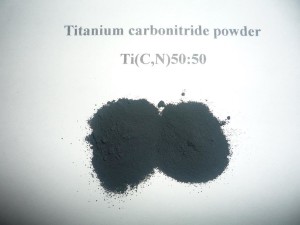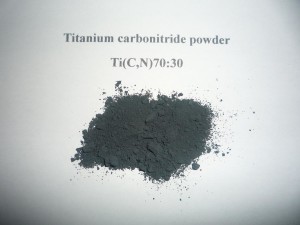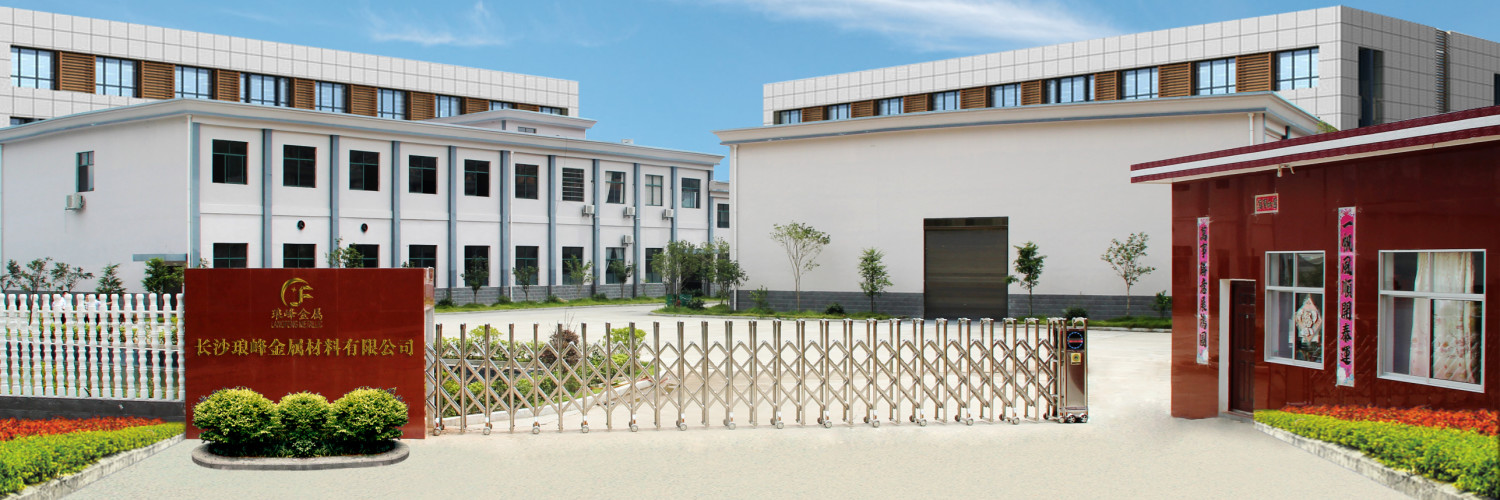Right now, as main material of cermet cutter : TiCN powder, its low quality and high price become a stumbling block on the development of cermet cutting tools. So, the need of TiCN powder in high quality and low price is urgent.
As main raw material of cermet cutting tools, TiCN powder should meet below requirements:1: low oxygen content;2: carbon content should achieve certain data;3: TiC and TiN: high solid solubility;4: fine particle size;
General domestic TiCN powder’s technical process and its disadvantages:
Process:
1: contact me for process photo, one patent and home-made Ti(C,N) based cermet rod use this powder in Ti(C,N)50:50.
3:some take solid solution treatment on TiC & TiN to get TiCN. It is rare bcz the quality will not stable and cost much higher.
Disadvantages:1: O, C content will over high, and N content will in a low level; During the process of carbon reduction, the oxygen of TiO2 should be reduced totally as the best result. Otherwise, O or O content will show over high.2: nitridation in the low efficiency; the supplied TiC on the second step, on the one hand, block the binding of TiO2 and C in some extent, which results O content can not reach lower level;on the other hand, it is so stable and not easy to be nitrided, which makes the Ti in TiN only could be get from the process of reduction in TiO2.3: repeated production, especially the waste of N2 and electrical energy;4: low utilization rate on equipment, resulting low productivity;
Our newly developed technical are as below:
1: change on proportion: No longer need TiN
2: change on sintering:One furnace two–stage sintering in different temperature ( automatic temperature control );On the low temperature stage: TiO2+C=TiO+COThis stage focus on reduction of partial O and activating activity of TiO2. The main function is that makes high O to be low O.On the high temperature stage : TiO2’s 100% reduction, carbonation, nitridation.The chemical principle on this stage are as below :TiO2 and C react quickly to form high activity metal Ti, meanwhile, CO is being carried away, the left C could guarantee the reduction of O. As a result, on one hand, O content will be low ( lowest could reach 0.1% , and in traditional way will get over 0.5%), on the other hand, the rate of nitridation on the materials increases twofold due to keeping all materials’ reaction under N2 atmospheres.Furthermore, TiC and TiN could get high solid solubility and more complete crystalline structure, narrower particle size distribution, could see directly from below metallographic contrast diagram:X5000, SEM of TiCN produced by traditional technique:
X5000, SEM of TiCN produced by our newly developed technique:SEM of cermet alloy by using traditional TiCN VS SEM of cermet alloy by using our newly -developed TiCN:
Our technique innovative points:
1: net reaction: 2TiO2 + 6C +N2 = 2TiCN + 4COWe take low price TiO2 and C as materials in accurate proportion , put into one furnace with two-stage temperature zone to get TiCN.Below are main points of our technique:
A:the proportion of TiO2 and C should be accurate according to different grade of TiCN;B: the temperature in low-temperature zone should be strictly controlled;C: the material should be pressed in enough compact surface in graphite sintering ship;
2: technical process is as below:
 Titanium carbide nitrides powderTitanium carbide nitrides powder
Titanium carbide nitrides powderTitanium carbide nitrides powder
need photo, please contact me: rachel(at) langfengmetallic.com
3: Using our TiCN material with low O content in general equipment could get ultra fine TiCN, which used to be imported from German in high price. It will give big support in the development of high level cermet alloy.
4: our technique also could making:-each furnace’s discharge rate will increase 15-20%;
save one set ball mill;
-save electrical energy and N2, almost 30-40/kg;
over come the biggest difficult on making TiCN: high O content;

Be the first to comment on "Make Ti(C,N)powder, no need TiN any more"